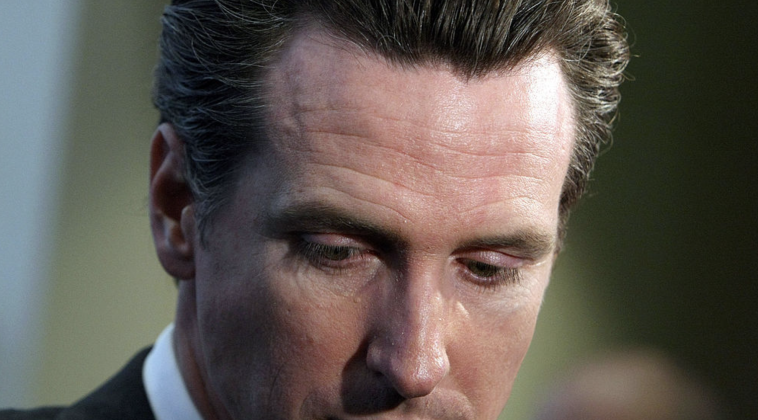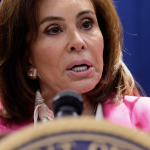Advertisement
Advertisement
The U.S. Supreme Court dealt a significant blow to California’s environmental agenda, with a notable liberal justice joining conservatives in the 7-2 decision. The ruling allows the state’s energy producers to continue their lawsuit against the U.S. Environmental Protection Agency (EPA), challenging California’s stringent green energy mandates. Central to the case is the state’s requirement that electric vehicles dominate the market by 2035, a key element of Governor Gavin Newsom’s plan to achieve carbon neutrality. Justice Brett Kavanaugh, writing for the majority, emphasized that these mandates are not only overreaching but potentially unlawful.
Advertisement
He stated that it is generally not permitted for the government to impose stringent and apparently unlawful regulations on a company or industry and then dodge the resulting legal action by claiming that the targets of the legislation should be shielded from prosecution as innocent bystanders. In order to challenge the EPA’s approval of California’s regulations, Kavanaugh maintained the fuel producers’ Article III standing.
Advertisement
Advertisement
The opinion also highlighted that the EPA has repeatedly changed its legal stance on whether the Clean Air Act authorizes California’s regulations on greenhouse gas emissions from new vehicles, undermining their position.
Advertisement
This ruling follows President Donald Trump’s recent actions, in which he signed three resolutions dismantling major aspects of California’s aggressive environmental policies. These moves represented a significant setback for Newsom, a likely 2028 presidential candidate, and his efforts to make California a national leader in progressive climate change measures.
Advertisement
Advertisement
Kavanaugh detailed the case’s focus on California’s 2012 request for EPA approval of new regulations, which require automakers to limit average greenhouse gas emissions across their vehicle fleets and to produce a certain percentage of electric vehicles.
U.S. District Judge Charles Breyer determined that the Trump administration’s decision to federalize parts of the California National Guard to safeguard federal property and ICE personnel violated the Tenth Amendment. Arguing the move exceeded presidential authority, he deemed it unconstitutional. The ruling was subsequently challenged by the Trump administration in an appeal to the Ninth Circuit Court.




41 Comments